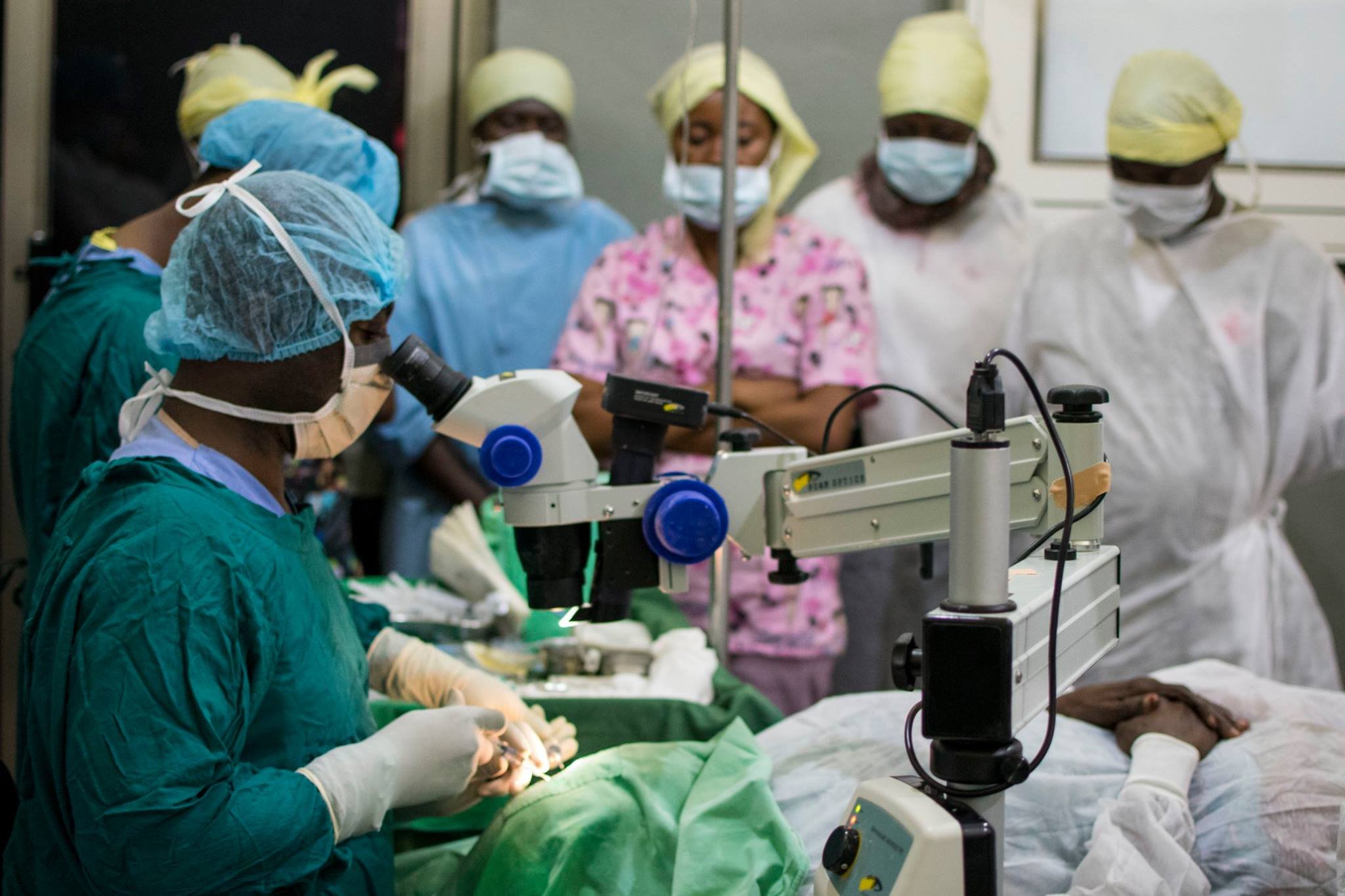
GLOBAL HEALTH RESEARCH CERTIFICATE
Module 2: Why Research Matters
“I am firmly convinced that the health sector has a better chance of weathering the crises we face today… Research gives us the dynamic power to overcome these forces. We have the scientific method on our side. And we have developed some convincing evidence and arguments as a result. But as I stated, we need more of the right kind of research, and now more than ever. We need to see health included in all policies, and we need research to make the case. We need research to guide health system reforms, as we have seen here in Mali. We need operational research to help give existing interventions a greater impact.” -Dr. Margaret Chan, Director-General of the World Health Organization(1)
Well-conducted research is vitally important to the global community. Not only does research form the foundation of program development and policies all over the world, but it can also be translated into effective global health programs. Research draws its power from the fact that it is empirical: rather than merely theorizing about what might be effective or what could work, researchers go out into the field and design studies that give policymakers hard data on which they can base their decisions. Furthermore, good research produces results that are examinable by the researchers’ peers, methodologies that can be replicated, and knowledge that can be applied to real-world situations. Researchers across the globe work as a team to enhance our knowledge of how best to address the world’s problems. The importance of empirical knowledge in the field of global health is perhaps best exemplified by this statement from a group of researchers from the Canadian Society for International Health:
“One of the roles of health research is to ensure that the measures proposed to break out of the vicious cycle of ill health and poverty are based, as far as possible, on evidence, so that the resources available to finance these measures are used in the most efficient and effective way possible”(2)
Research must always be systematic: organized and formally structured with clearly stated objectives and a thoroughly developed research protocol. It must also be generalizable and able to produce knowledge that is applicable outside of the research setting with implications that go beyond the group that has participated in the research.(3) By following these two key principles, researchers can have the maximum possible impact on the state of knowledge of the world.
Footnotes
(1) Chan, M. “Health Research Needed Now More Than Ever” Speech, delivered on November 17, 2008, Bamako, Mali. https://www.who.int/dg/speeches/2008/20081117b/en/.
(2) Delisle, H. et. al. “The Role of NGOs in Global Health Research for Development” Health Research Policy and Systems. Vol. 3, No. 3., 2005.
(3) “Research Ethics Training Curriculum: Responsible Conduct of Research: What Is Research?” Family Health International. https://www.fhi360.org/.
